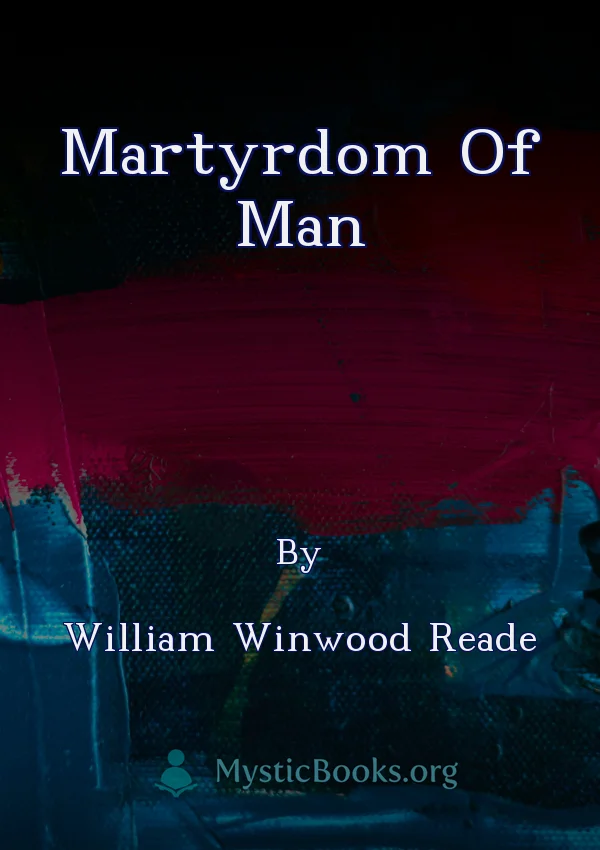
Martyrdom of Man
'Martyrdom of Man' Summary
William Winwood Reade's "The Martyrdom of Man" is a monumental work that traces the progress of humanity from its earliest beginnings to the cusp of the modern era. The book argues that human history is marked by a relentless struggle for freedom and enlightenment, a journey fraught with both setbacks and triumphs. Reade begins with a discussion of the "war" stage, characterized by the subjugation of humanity's physical body through violence and oppression. He then moves on to the "religion" stage, where the human mind becomes confined by dogma and superstition. The "liberty" stage sees the emergence of rational thought and the struggle for individual freedom, culminating in the Enlightenment and the rise of modern political and intellectual movements. Finally, Reade concludes with the "intellect" stage, where humanity seeks to understand the universe and its place within it. Throughout this grand narrative, Reade explores the evolution of social structures, institutions, and ideas, offering a comprehensive and insightful examination of the human journey. He emphasizes the role of conflict, both internal and external, as a driving force behind human progress, and he suggests that humanity's destiny lies in the pursuit of knowledge and the understanding of the universe.Book Details
Language
EnglishOriginal Language
EnglishPublished In
Genre/Category
Tags/Keywords
Authors
William Winwood Reade
United Kingdom
William Winwood Reade was a British historian, explorer, novelist and philosopher. His two best-known books, the universal history The Martyrdom of Man and the novel The Outcast, were included in the...
Books by William Winwood ReadeDownload eBooks
Listen/Download Audiobook
- Select Speed
Related books

Amurath to Amurath by Gertrude Bell
Gertrude Bell's 'Amurath to Amurath' offers a firsthand account of her five-month journey through the Middle East during a period of significant polit...
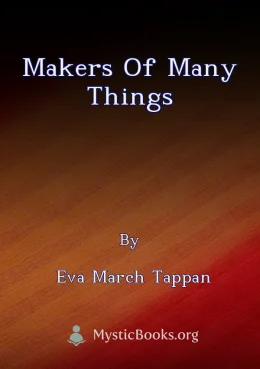
Makers of Many Things by Eva March Tappan
Published in 1916, *Makers of Many Things* by Eva March Tappan is a children's book that delves into the fascinating world of everyday objects. It exp...
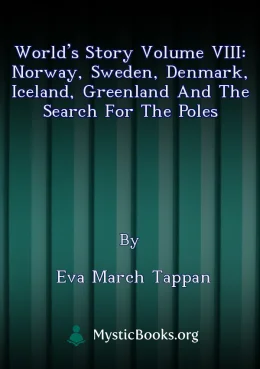
World’s Story Volume VIII: Norway, Sweden, Denmark, Iceland, Greenland and the Search for the Poles by Eva March Tappan
This volume of 'The World's Story' series delves into the history and culture of Scandinavia, focusing on Norway, Sweden, Denmark, Iceland, and Greenl...
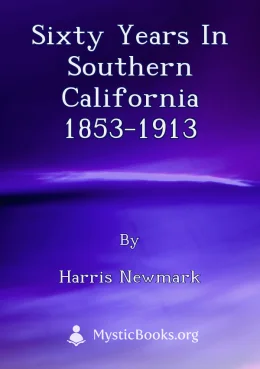
Sixty Years in Southern California 1853-1913 by Harris Newmark
Sixty Years in Southern California 1853-1913 by Harris Newmark is a fascinating and informative account of the early days of Los Angeles. Newmark, who...
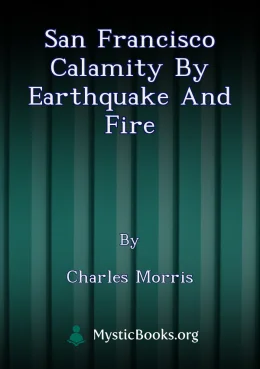
San Francisco Calamity by Earthquake and Fire by Charles Morris
This book chronicles the devastating San Francisco earthquake of 1906 and the ensuing fire, drawing from the firsthand accounts of survivors and witne...
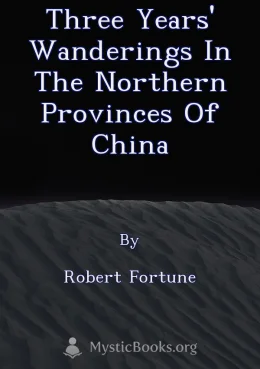
Three Years' Wanderings in the Northern Provinces of China by Robert Fortune
Robert Fortune, a Scottish botanist, embarked on a remarkable journey to China in the 19th century. Driven by the desire to uncover the secrets of tea...
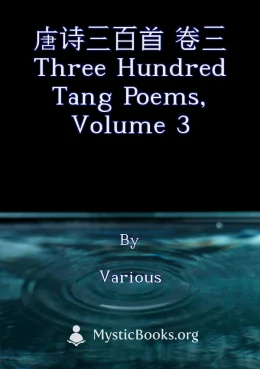
唐诗三百首 卷三 Three Hundred Tang Poems, Volume 3 by Various
Compiled around 1763, 'Three Hundred Tang Poems' is the standard collection of the poetic art of the Tang Dynasty (618 to 907). Poems in Volume Three...

Dolliver Romance and Other Pieces by Nathaniel Hawthorne
Nathaniel Hawthorne's "Dolliver Romance and Other Pieces" is a posthumous collection of stories, sketches, and essays that showcases the diverse facet...
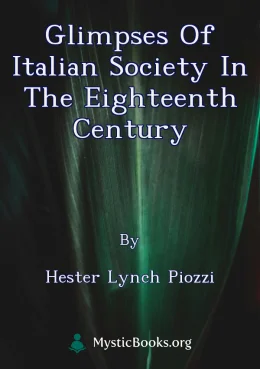
Glimpses of Italian society in the eighteenth century by Hester Lynch Piozzi
'Glimpses of Italian society in the eighteenth century' is a fascinating and insightful travelogue by Hester Lynch Piozzi, a renowned literary figure...

Holiday Songs by Ella Wheeler Wilcox
Holiday Songs by Ella Wheeler Wilcox is a collection of 22 poems that explore the themes of holiday, cheer, optimism, and nature. Wilcox's poems are w...
Reviews for Martyrdom of Man
No reviews posted or approved, yet...